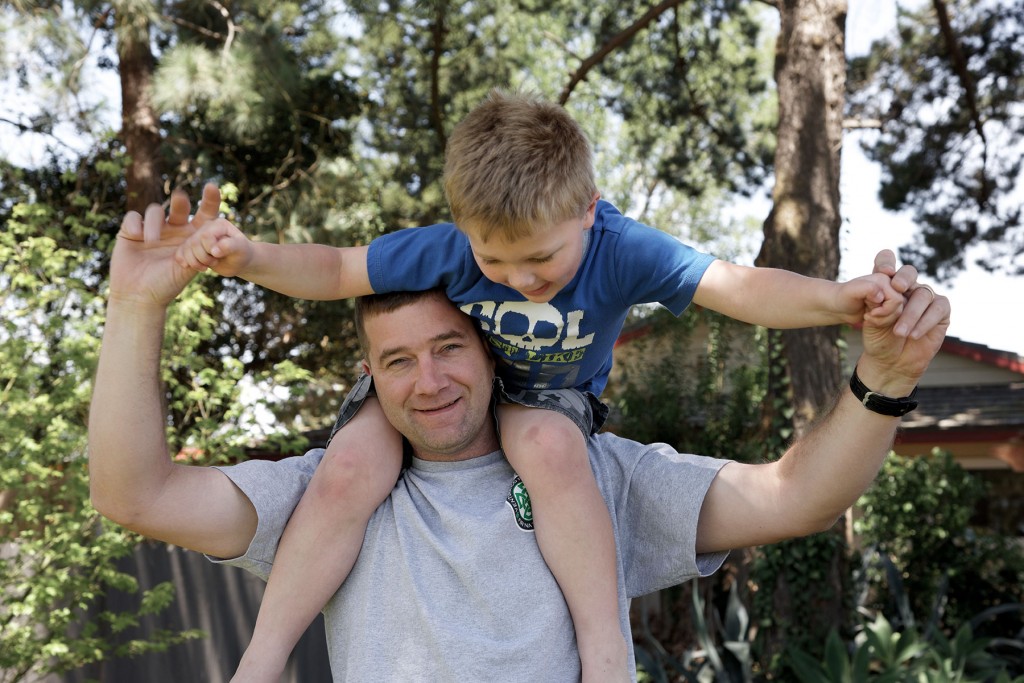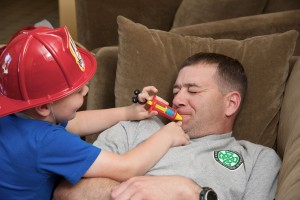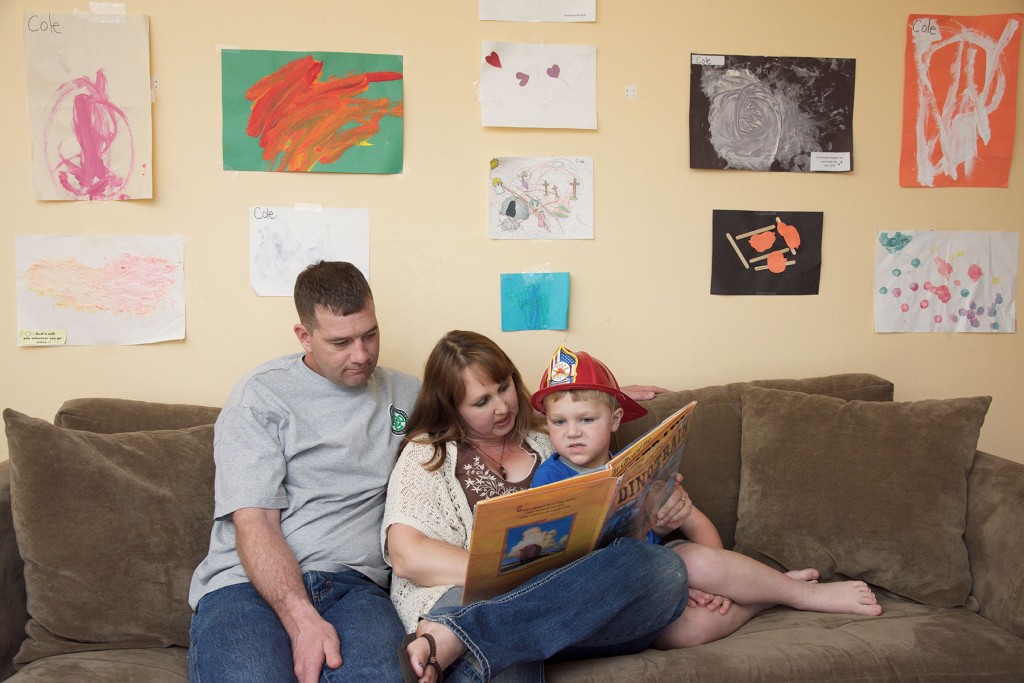 Infertility is often looked at as a disease that only affects women. In reality, infertility is caused by female factor and male factor equally at 30% each. In the balance of cases, the infertility is the result of both partners or unexplained. Even when the disease is not a direct result of issues with a male partner, infertility has a huge impact on men. Unfortunately, men’s stories are not heard as frequently.
Infertility is often looked at as a disease that only affects women. In reality, infertility is caused by female factor and male factor equally at 30% each. In the balance of cases, the infertility is the result of both partners or unexplained. Even when the disease is not a direct result of issues with a male partner, infertility has a huge impact on men. Unfortunately, men’s stories are not heard as frequently.
ART of Infertility is interested in telling diverse stories of infertility, and is always honored to share the stories of men. We’re very excited to have been invited by Dr. Paul Turek of The Turek Clinic in Beverly Hills and San Francisco, to hold a pop-up art exhibit in his clinic in San Francisco on Thursday June 16th from 7 – 9 pm, in honor of Men’s Health Week. We’ll be sharing the artwork and stories of men and their families along with food and art making stations. If you’re in the area, we hope you’ll attend. In the meantime, you can learn more about male fertility and infertility from Dr. Turek here and read and listen to the personal story of Bret, an ART of IF participant in Southern California, and his family below. Bret reflects on the experience of miscarriage and trying to decide whether to continue or end treatment. This post does contain images of children and parenting.
– Elizabeth

“I knew the moment the doctor came in to do the ultrasound. I saw his actions and he didn’t even have to say anything. I’ve done enough ultrasounds with him before and I kind of knew how they went and he was triple checking everything and I knew, this was not good. She didn’t want to accept it the first time and it was difficult. I kind of knew the writing was on the wall. Maybe we also approached her second pregnancy in a different way. I didn’t want to tell anybody until the end of the process. She was just so happy being pregnant and I tried to advise her, this is nobody’s business but ours. It was tough because I had that in my mind that it wasn’t going well and she was so ecstatic being pregnant. We were in two very different places at the same time. I just tried to do what I could. There was also a lot of work stuff going on at the same time so I wasn’t here for the 3 weeks when this all happened. I was at work almost he whole time so it was not a good time, at all, for anyone.”
“The only thing I can do is support her. Be there for her, a shoulder to cry on. She needs to get these emotions out so that’s what I try to do. I’m not very good at it but I try.”

“I guess I don’t have a support, I guess I don’t. I don’t really talk to anybody about it. I have my ways that I guess I try to let things out and deal with it but I don’t talk to anybody. I like to go out in the wilderness and I usually go with a group of friends and we go backpacking or go walk up a mountain or something cool and well, last July we had our family vacation. We did a little anniversary thing and got away and we came home and I just said, I’m leaving. I’m going. I just went and walked out in the mountains by myself for about 4 days. This was about 6 weeks after the miscarriage. It helped. It wasn’t the cure I was looking for but it was helpful and that’s it and then it was back to work and back to the grind and I really haven’t dealt with it, I just try to put it behind me.”




